
Money comes in, bills fly out, and before you know it, you’re staring at your bank app, shaking your head, wondering how a single tank of gas and a couple of grocery runs left you with twelve bucks till Friday. It happens to the best of us, so you’re definitely not alone in this game.
Here’s the thing, though. Nobody wakes up feeling excited about color-coded spreadsheets or tracking receipts like it’s a side hustle. But that’s the difference between breaking the cycle and staying stuck waiting for the paycheck to come. These 17 budgeting tricks are game-changers, to say the least.
1. Track your spending for one month

Before you can fix anything, you’ve got to see where your money keeps running off to, right? Spend one month jotting down every single thing you pay for, coffee, snacks, the random gadget you didn’t think twice about, and suddenly it’s like someone handed you night vision goggles for your finances.
What you’ll notice after thirty days can be surprising. It’s not about guilt, it’s about finally seeing the whole picture so you know exactly where to start making changes.
2. Create a simple weekly budget

Monthly budgets feel like trying to wrangle an octopus. Breaking things into weekly chunks makes it way easier to handle because you’re only looking at a few days ahead instead of a whole month.
You’ll see where money slips through your fingers faster, and if you mess up one week, it doesn’t snowball into a four-week disaster. It’s a reset button that actually works.
3. Pay yourself first
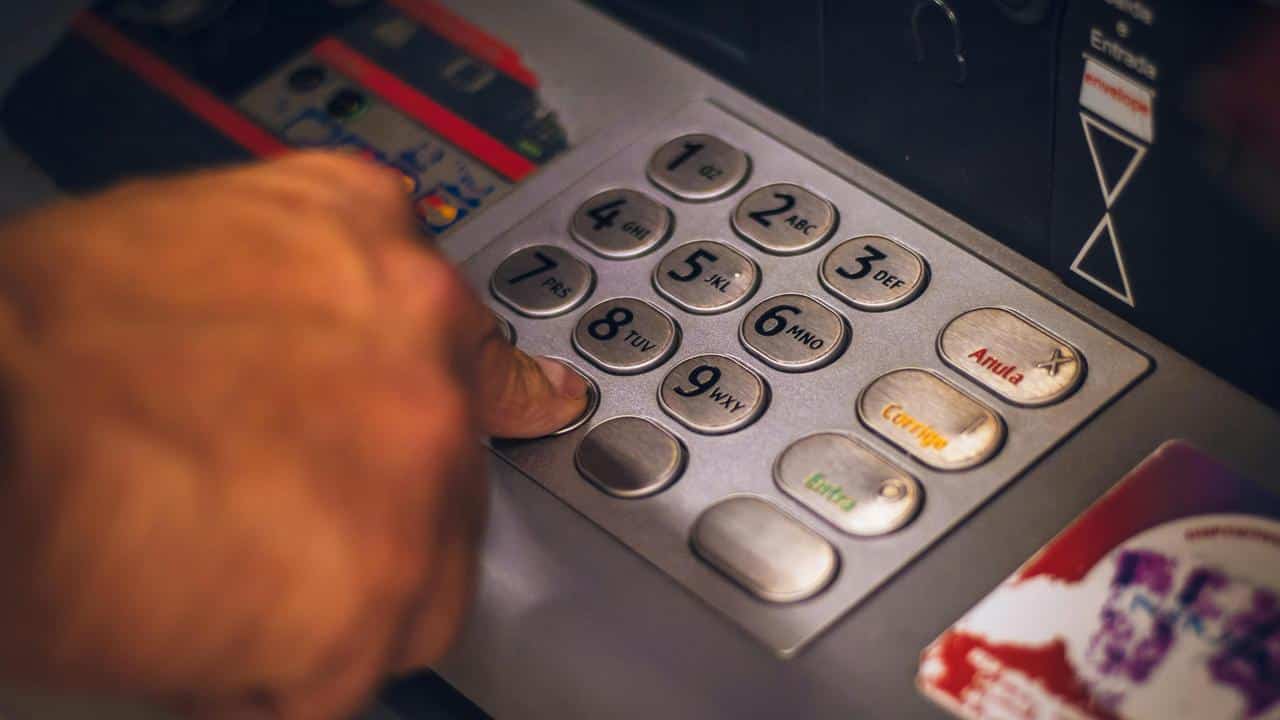
Instead of waiting to save whatever’s left after bills and life eat through your paycheck, flip it around and send a piece of it straight into savings the second it lands. Treat it like rent, you wouldn’t skip that, right?
It takes a few weeks to get used to, but eventually, you stop missing the money, and your savings account finally stops looking like a desert.
4. Categorize your spending

Leaving money floating around in your account is basically inviting it to disappear. Give every single dollar something to do, rent, groceries, gas, or fun money, so you know what belongs where.
Once you start assigning those dollars, it’s harder for them to wander off without permission. It’s like keeping kids in assigned seats instead of letting them run wild.
5. Automate the boring stuff

Depending on your memory to pay bills on time is a dangerous game. Setting things to pay automatically keeps late fees out of your life and makes sure nothing slips through the cracks.
It also frees up brain space because you’re not juggling dates and amounts in your head every week. Less mental clutter means fewer financial “oops” moments.
6. Build a small emergency fund

Life loves throwing curveballs, car repairs, surprise doctor visits, and those things wreck your budget if you’re not ready. Start by setting aside even a couple hundred bucks just for those moments.
Over time, you’ll add to it, but even a tiny cushion changes the way you handle money stress. It’s like carrying an umbrella. You might not need it today, but you’re glad it’s there.
7. Cap the fun money

Nobody wants to live in money jail, so give yourself a set amount for nights out, snacks, or random buys to keep things fun without wrecking the rent money.
Once you hit the limit, you wait until the next week. It keeps things balanced so you can enjoy spending without that “oh no” feeling later.
8. Use cash for tricky categories

Some spending categories, like takeout or coffee, feel like they evaporate your money. Pull out cash just for those, so you can see exactly how much you’ve got left.
When the cash runs out, that’s it until next week. It draws a clear line without complicated budgets or fancy charts.
9. Split big bills across paychecks
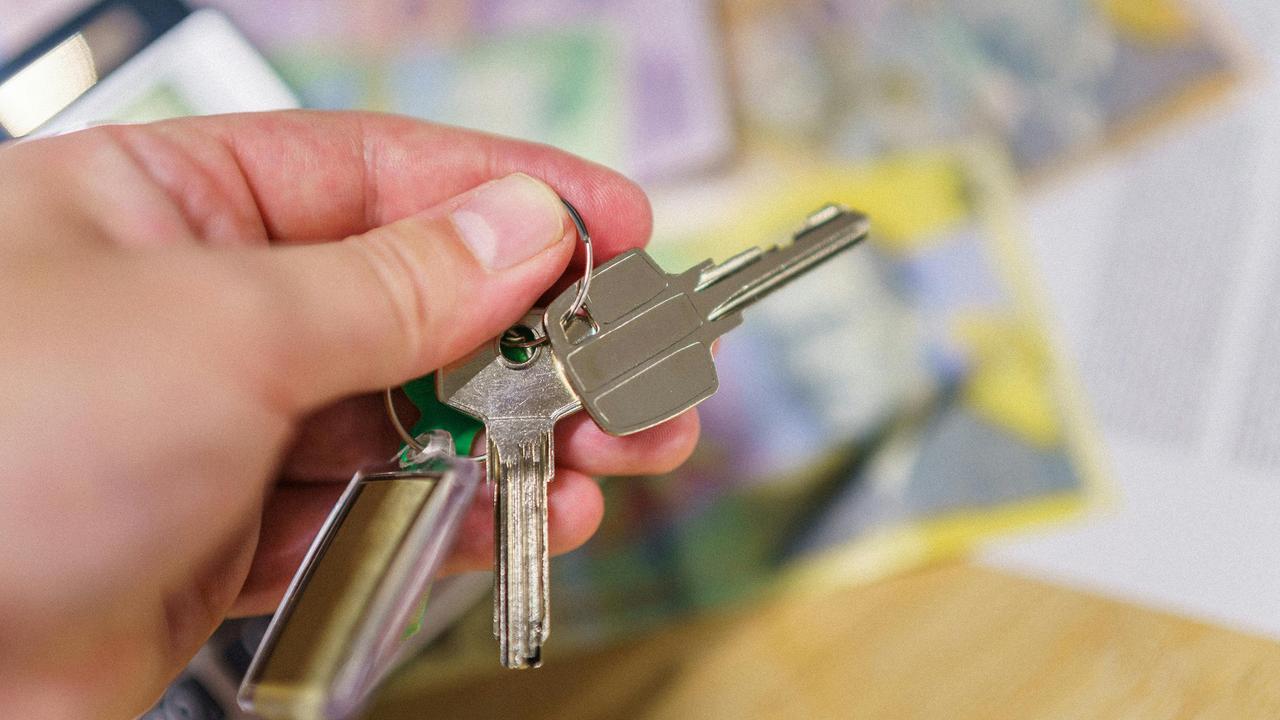
Big expenses like rent or insurance hitting all at once leave you broke overnight. Instead, set aside half from each paycheck so you spread out the pain a little.
By the time the bill’s due, you’ve already got the full amount sitting there, and your bank balance doesn’t look like it’s been mugged.
10. Review subscriptions

Streaming services, random apps, online memberships, they sneak in slowly and stick around forever. Go through your list every few months and cancel the stuff you barely use.
You’ll free up money without changing your day-to-day life much, and you probably won’t even miss half of it.
11. Plan groceries like a pro

Walking into a store without a list is asking for a cart full of things you didn’t need. Planning your meals ahead of time keeps grocery costs under control.
Plus, you stop tossing out food because you bought it on impulse and never used it. That’s money straight back into your pocket.
12. Set small goals
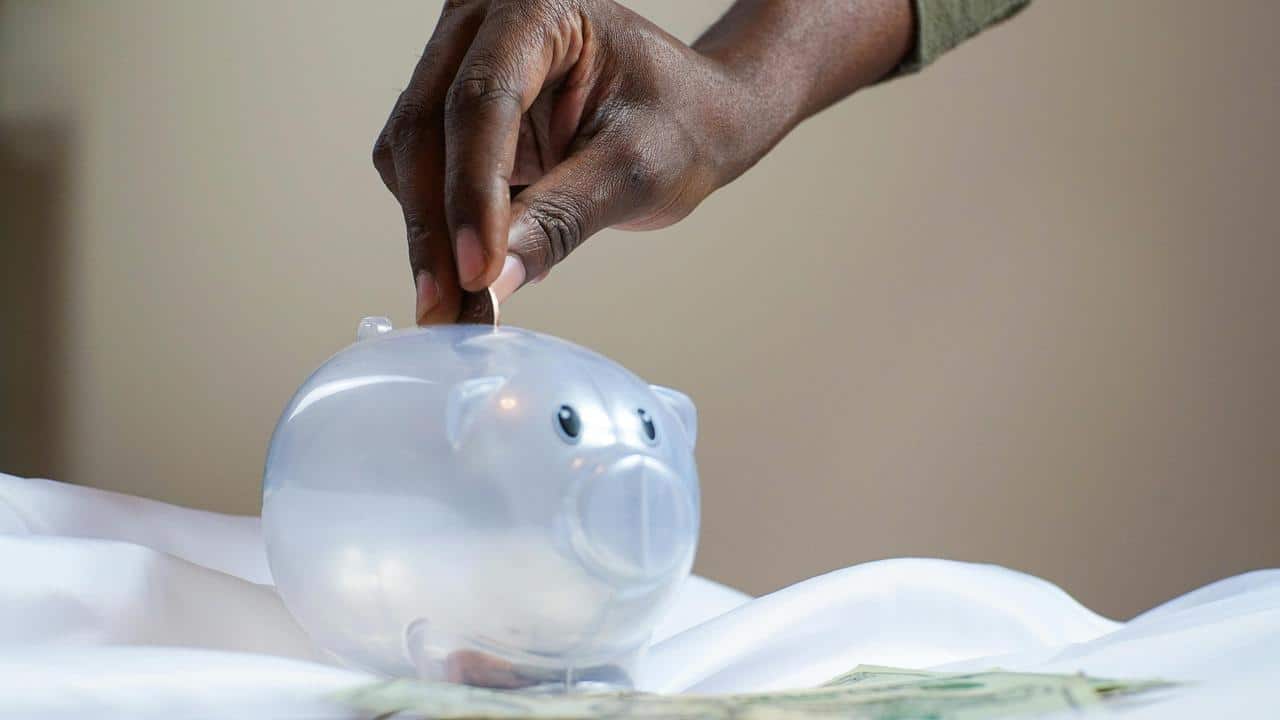
Huge savings goals feel like trying to climb a mountain in flip-flops. Instead, aim for something tiny, like $100 this month, and hit it.
The little wins keep you moving forward, and before long, you realize those small steps added up to something big.
13. Check in every Friday
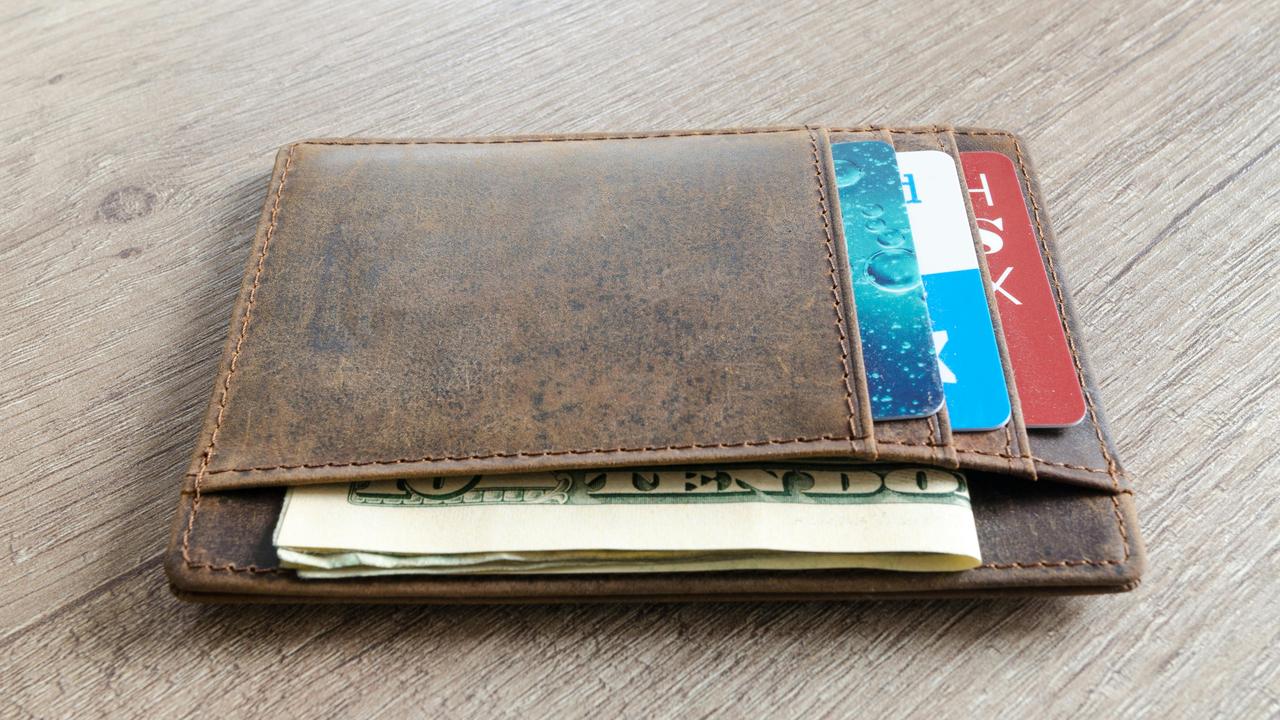
Fridays are perfect for a quick money check. Five minutes looking at what you spent and what’s left saves you from guessing or getting blindsided.
Catching things early means you adjust before the weekend spending spree starts. It’s like fixing a leak before the whole roof caves in.
14. Pick a side hustle
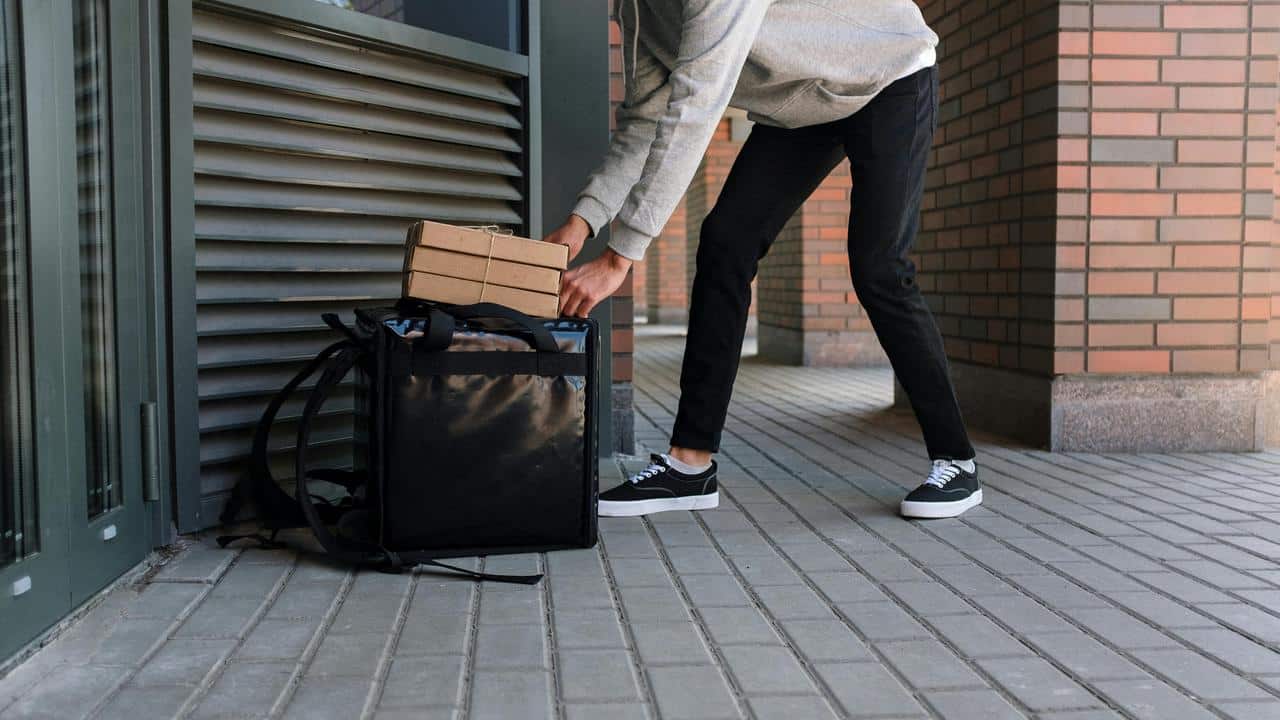
Sometimes the budget can only stretch so far. If you can, try to earn a bit extra, even just a small side gig to ease the pressure and give you some form of breathing room.
That extra hundred bucks or so each month feels like a safety valve when the main paycheck’s stretched tight.
15. Plan for seasonal expenses

Holidays, birthdays, and back-to-school shopping hit the same time every year, yet they always catch people off guard. Start putting aside a little for them ahead of time.
When the season rolls around, you’re ready instead of reaching for the credit card in panic mode.
16. Use the 24-hour rule

Impulse buys feel fun for about five minutes, but that’s about it. If you have a strong urge to buy something, wait a day before buying to give your brain time to decide if it’s worth it.
Half the time, you’ll skip it and keep the cash. The other half, you’ll buy it knowing it wasn’t just a passing urge.
17. Celebrate the wins

Budgeting can feel like all work, no reward. If the budget allows, make it a point to celebrate the moments when you hit a financial milestone.
It might be something small, like a night out, a nice dinner, but it tells you the system’s working, and that keeps you going.






Ask Me Anything